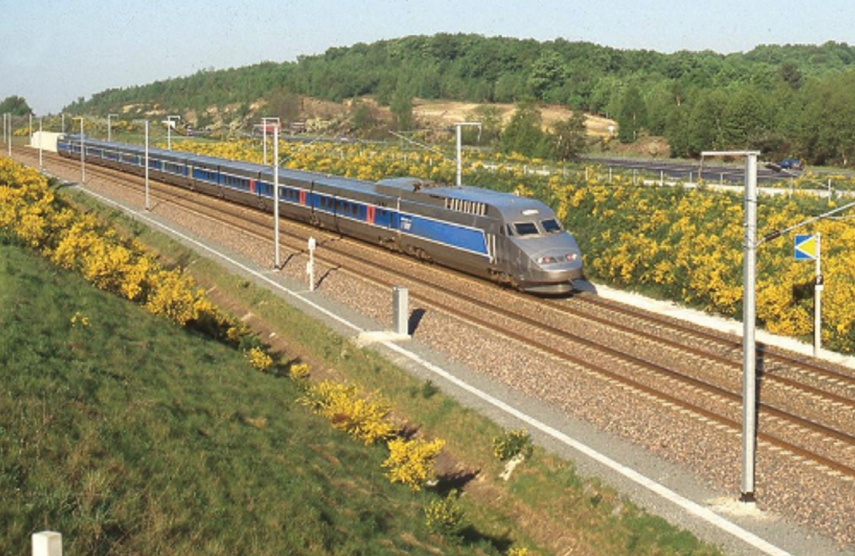
Learning from France: SAFER's long term success in regulating land transfers
James MacKessack-Leitch
Today we’ve published our latest piece of international research , which takes a detailed look at the French SAFER (Sociétés d'aménagement foncier et d'établissement rural) system of regulating the land market to support rural economic development.
The Commission is always keen to learn from international experience , as many of the challenges we face in regulating land transactions, or considering issues of governance and ownership, apply just as much elsewhere as they do here. Scotland’s European peers are a particularly good source of varied thinking and approaches on these issues, and given our shared culture and legal frameworks – not least the European Convention on Human Rights – provide incredibly valuable lessons for our own land reform journey.
What first made the SAFER system of particular interest to us is its longevity and broad remit – the lack of English language analysis of the system was also an additional motivation for this work, and the report published today is probably the most comprehensive research on SAFER in English.
The SAFER began life in 1960 as part of a broader package of reforms to drag French agriculture out of the 19th century, and limit post-war rural depopulation. In a nutshell, this created 25 regional public companies (the SAFER) across France with the power to pre-emptively acquire land coming to market in order to fulfil a number of public interest missions, including: the provision of land for new entrants; prevention of concentrated ownership; agglomeration of very small holdings into viable units; and environmental protection.
By the mid-1970s the rural population was no longer in decline, farms were viable and productive, and France was becoming the agricultural powerhouse we’re familiar with today. The role and success of the SAFER was clear, and in subsequent years the system was built up to deliver other public interest outcomes – from supporting public infrastructure and creating a public land bank, to protecting water quality by preventing irresponsible land managers from acquiring sensitive holdings.
Crucially, the SAFER powers of pre-emption have also kept up with changes in the way land is owned and sold. In France, as in Scotland and elsewhere, land is increasingly owned by companies rather than individuals, and control over land changes hands through the sale of shares in the land owning company – the land itself never comes to market, and thus SAFER could not exercise its pre-emptive right. But as of the 1st January 2023 the SAFER were given the power to intervene in the transfer of shares in companies that hold or operate agricultural land.
Of course, the exercise of the pre-emptive right by the SAFER – whether on a land transaction or the sale of shares – is a challenge to property rights. France, like Scotland, is subject to the European Convention on Human Rights, and the protection of property rights under Article 1 Protocol 1 (A1P1) of the Convention. It is therefore extremely noteworthy that the research found that in more than 60 years of operation the pre-emptive right of SAFER has never been challenged in the European Court of Human Rights. Of the four cases where SAFER was involved in proceedings at the Court “… SAFER regulation was found to be not at issue in the cases and the complaints were not specific to SAFER regulated property.”
This may not be as surprising as it may seem. The Commission has previously published work highlighting how property rights, including A1P1, are never a hard block on intervening in property transactions, and that with careful consideration, robust drafting, and a clear public interest mission, the Scottish Parliament can create mechanisms to intervene in land transactions.
While the operational structure of the SAFER, and their remit, is not the right fit for Scotland’s needs and aspirations, the underlying principles show that creating the power to regulate and intervene in land transfers to support rural economic development can not just be done, but done well over the long term.
